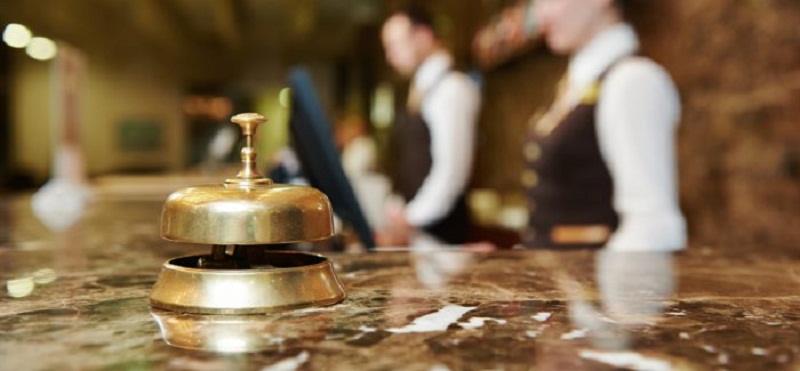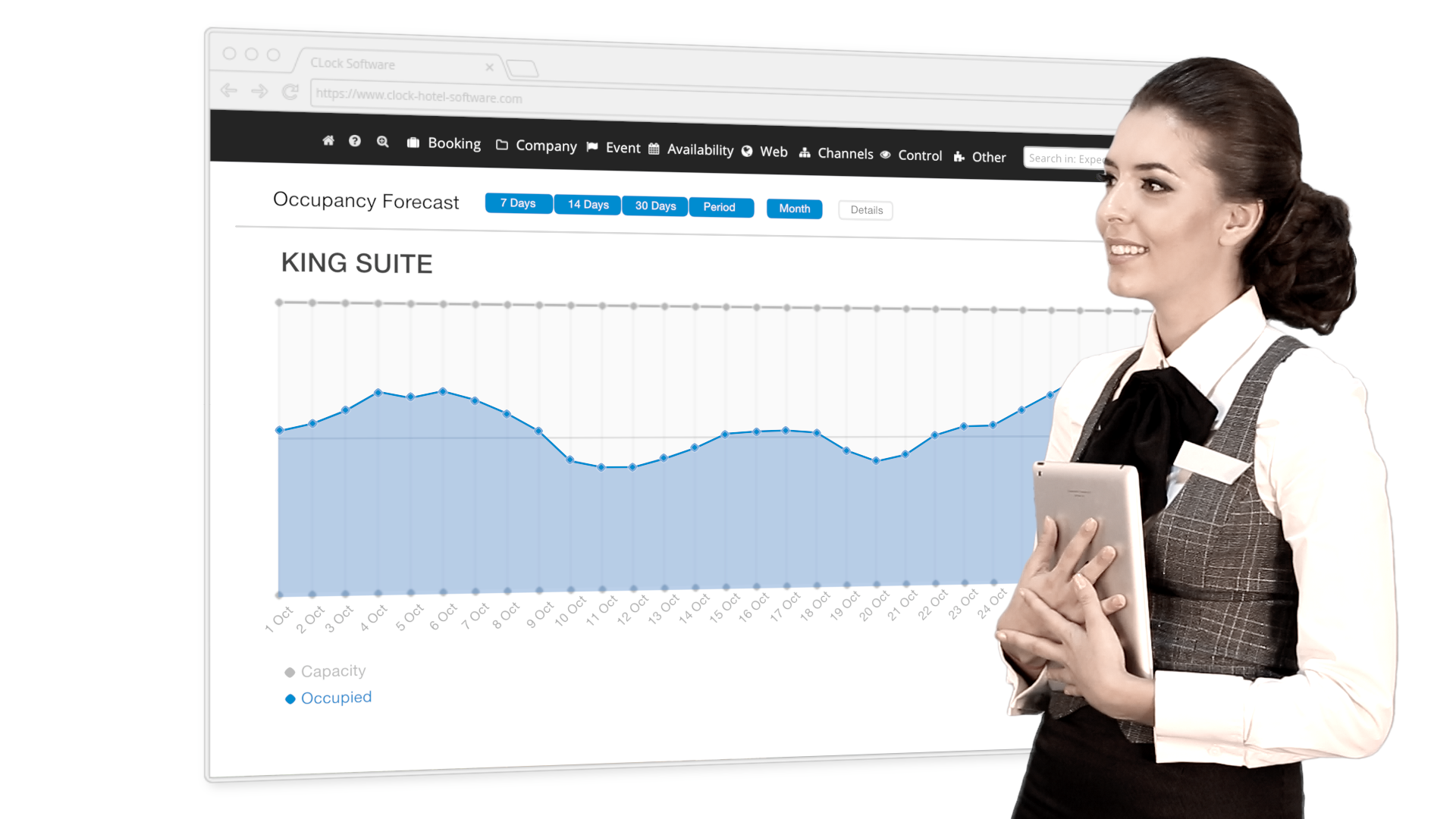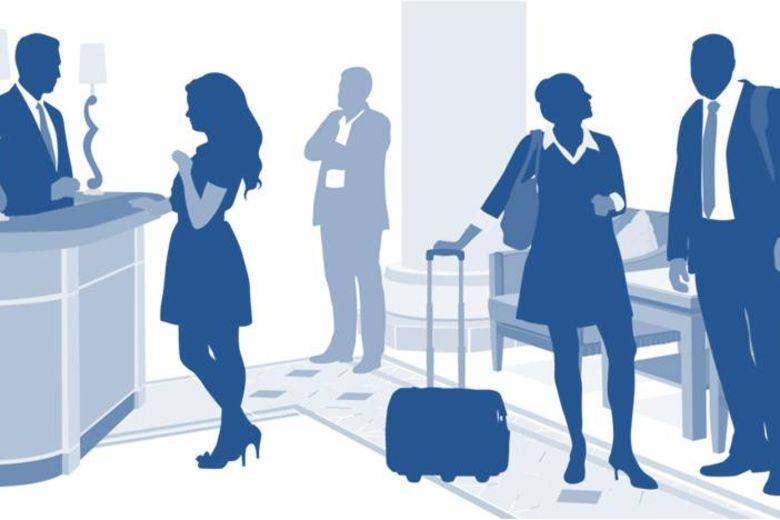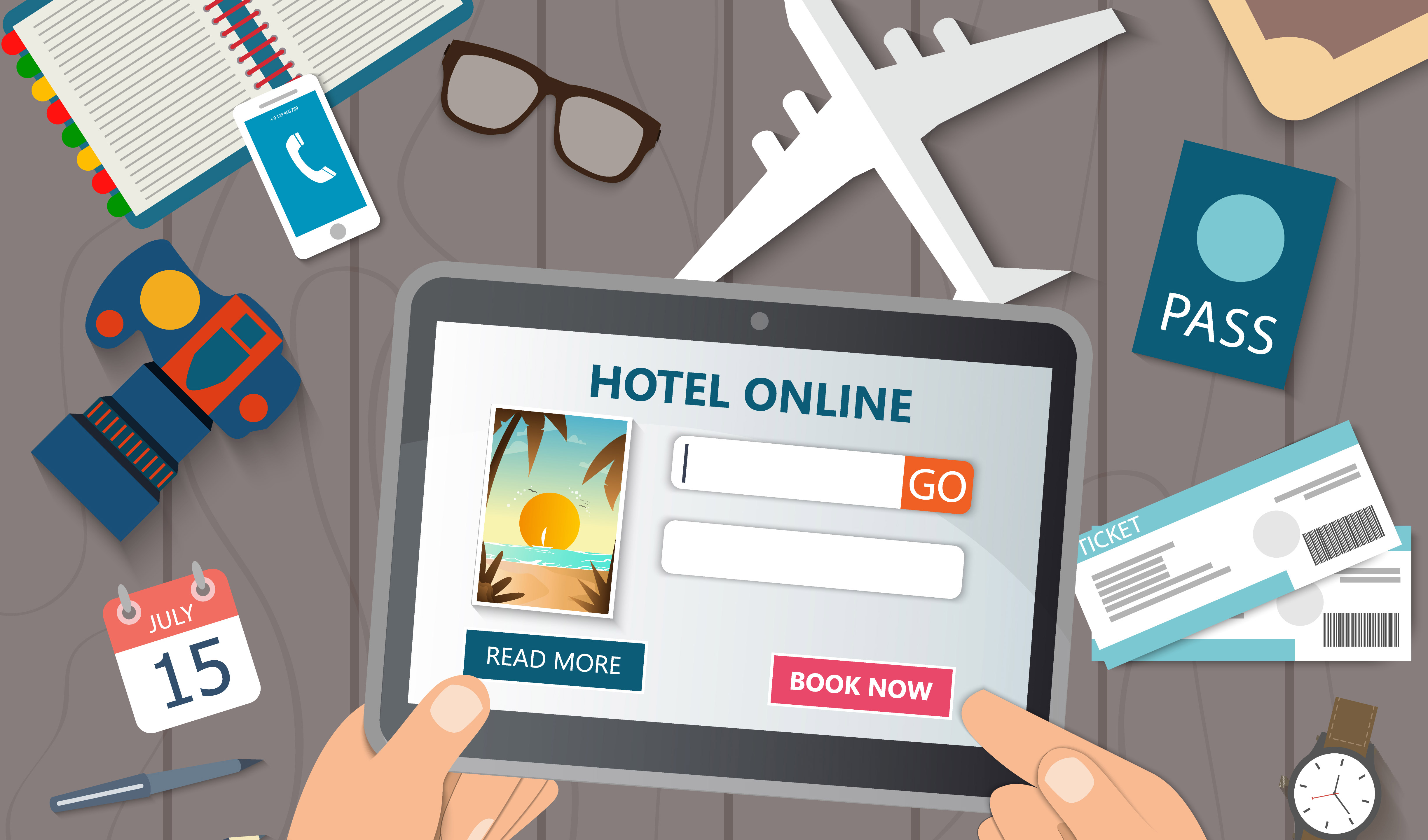
Managing a hotel is not easy. And, for that reason, sometimes it is important to remember some concepts and tools. However, basic they may seem, are fundamental. Beyond the guests, there are hundreds of details that must be taken into account every day. Something that if not controlled can destabilize our establishment and make us lose income. With the aim of remembering some of the ‘basics’ that can not be missed in any hotel. Let’s discover how to manage a hotel at an unknown place.
How to manage a hotel?
1. Channel manager
If you are new to hotel management, you may think that it is relatively easy to manage your hotel’s website. Of course, what you may not have noticed yet is that, with the current number of distribution channels, this management is becoming increasingly difficult.
Hotels cannot ignore OTAs (online booking agencies, such as Booking or Expedia) or meta-search engines (such as Google or Trivago) if they want to gain visibility. Reservations are therefore made on several websites simultaneously. It makes virtually impossible to trace where they arrive from. That’s when channel managers become a vital tool.
Channel managers supervise all distribution channels, continuously updating the number of rooms available in each of them. Therefore, you do not run the risk of overbooking or misinforming your customers about the availability of certain rooms. It is a tool that provides security and efficiency since you can devote that time of control of all the websites where you can book your hotel to other more productive tasks.
2. OTAs
As we already told a few days ago, the revenue managers are changing their speech from times past. OTAs are no longer seen as enemies, but as partners that can help a lot to boost the sale strategy of a hotel. And it is very bad that we fall, today it is almost impossible to have a hotel business that works without the help of these external agents.
The websites of online travel agencies such as Expedia or Booking have taken over a large part of the industry. Also, although there are OTAs of all kinds, most are those that focus exclusively on the booking of flights and hotels, with car rental and packages that include activities that, in many cases, are very far from your possibilities as hotel accommodation.
And the idea is that the OTAs are brilliant: they show all the offers of each city in one place and with very easy access. It is much more comfortable for customers since they do not have to search hotel by hotel, all the existing offer. It is also very useful for hoteliers because previously, only those who could invest a lot of money in advertising achieved visibility. Now, the playing field is more balanced, since it is the comments of the guests and their evaluations that elevate or not a hotel within the list offered by each OTA.
Even so, we can not ignore the problems that OTAs entail. By monopolizing the market, commissions are very high. The high fees are putting in check many small hotels, which have to deliver high percentages ( between 15 and 30% depending on the cases ) that could have been theirs if the reservation had been made through the direct channel. In addition, there are also tariff parity clauses that do not allow hotels to show different prices on any of their channels. This means that, for example, they can not offer discounts on their own website.
3. PMS
At the last breakfast of TecnoHotel, whose conclusions will come out in our April issue, we talk, and much, about the Project Management System (PMS). It is that when the hotel business grows, staff also grows and increases the number of projects that are running. So that, everything runs smoothly. That is why these management tools are a true lifesaver.
Divide tasks and subtasks, establish clear deadlines, create projects and choose those responsible for carrying them out are crucial tasks so that all business is kept in proper operation. Therefore, the PMS not only helps to keep track of everything that happens in the hotel but also allows to control all workers, keep staff attentive to their tasks and ensure that teamwork works. No task will fall into oblivion and everyone will always know what to do.
4. Email tracking
If we want to increase the productivity of our hosting, it is impossible to ignore the email tracking tools. As a hotelier, you will send hundreds of emails every week. Some of them will be more urgent, others may wait, but all of them will be important in their own way. Hence, the usefulness of these tools. On many occasions, you will want to make sure that your message was delivered and that it did not reach spam. These tools allow better control of conversations via email and are more aware of what is happening in each of them.
In addition, they are very useful for the marketing strategy, since you can count how many clicks you received and how many of your messages were taken into account. Gmail has its own tracking tool, called MailTracker and Chrome also offers its own tracking engine. Yesware is another interesting alternative, which works with both Gmail and Outlook.
5. Booking platform
The direct booking section must be one of the clearest on your website. It has to be intuitive and easily navigable. Potential customers who visit your website must have very clear what to do and click on buttons to make a reservation. It is, in fact, the tool that will best maximize your sales possibilities.
First of all, you need a good booking engine. For example, SiteMinder BookingButton is one of the most interesting on the market, although there are many possibilities. This type of tools helps to make the experience of your guests much more enriching, although it is important to ensure that they are implemented to visualize both mobile and PC.
It is also important to add special offers on our website. A good tool for this purpose is Picreel, which makes personalized special offers when guests wish to leave the web. You can offer special offers, additional benefits or discounts to convince them to book a room in your hotel.
6. Online payment system
Finally, when guests decide to book at our hotel, they often expect to be able to pay online. Paying in cash is becoming less popular and even credit card payments are losing their popularity. People want to do everything as quickly as possible: find a hotel, book it and pay for it, all at once. It goes without saying that online payment tools are a must for any entrepreneur who launches online businesses.
The most popular payment tool is, without a doubt, PayPal. It processes millions of transactions per day, operating in almost every country in the world and some 30 different currencies. Alternatively, you can bet on Google Wallet, Authorize.net or Square.






